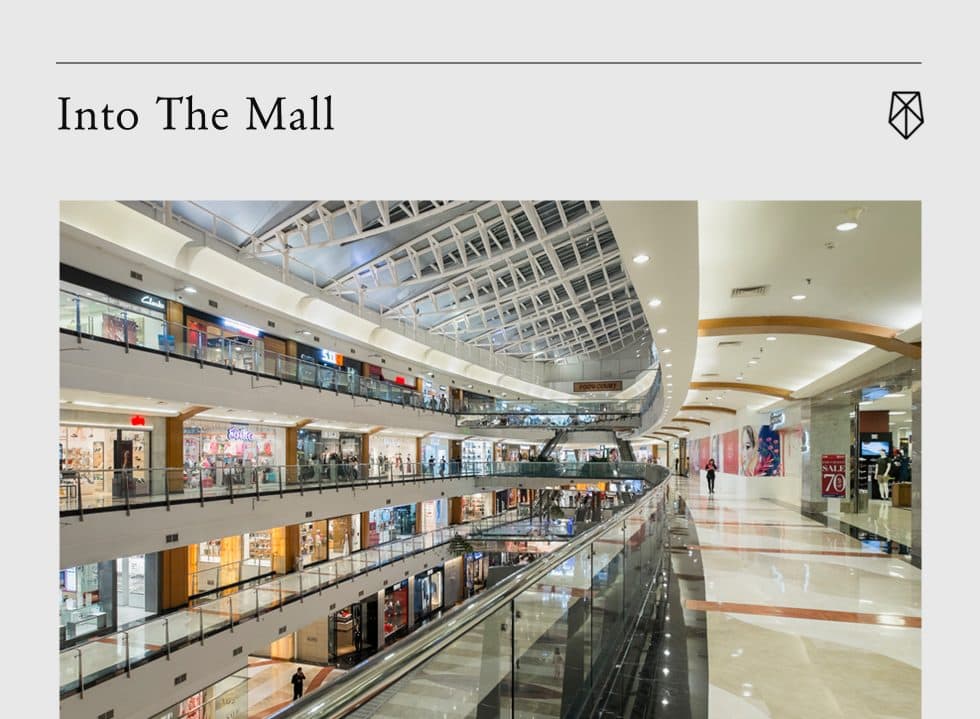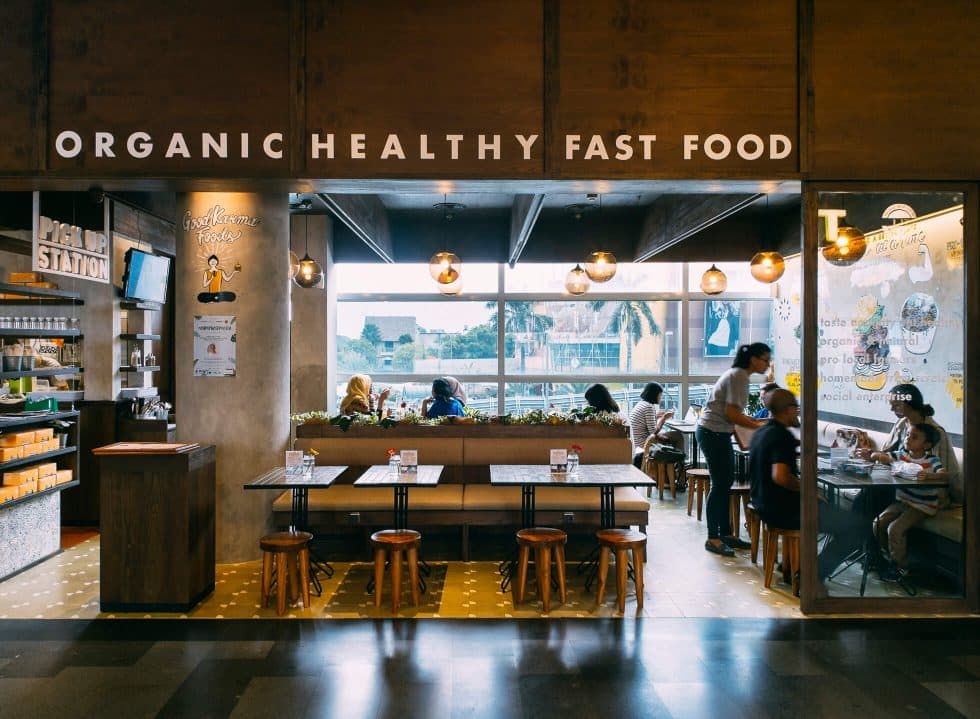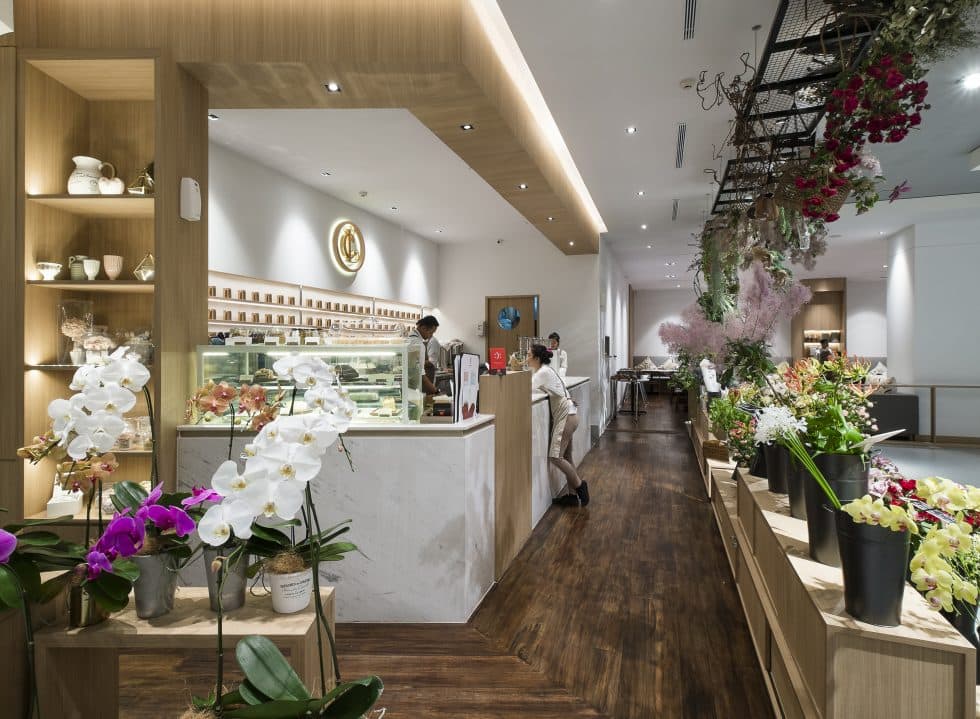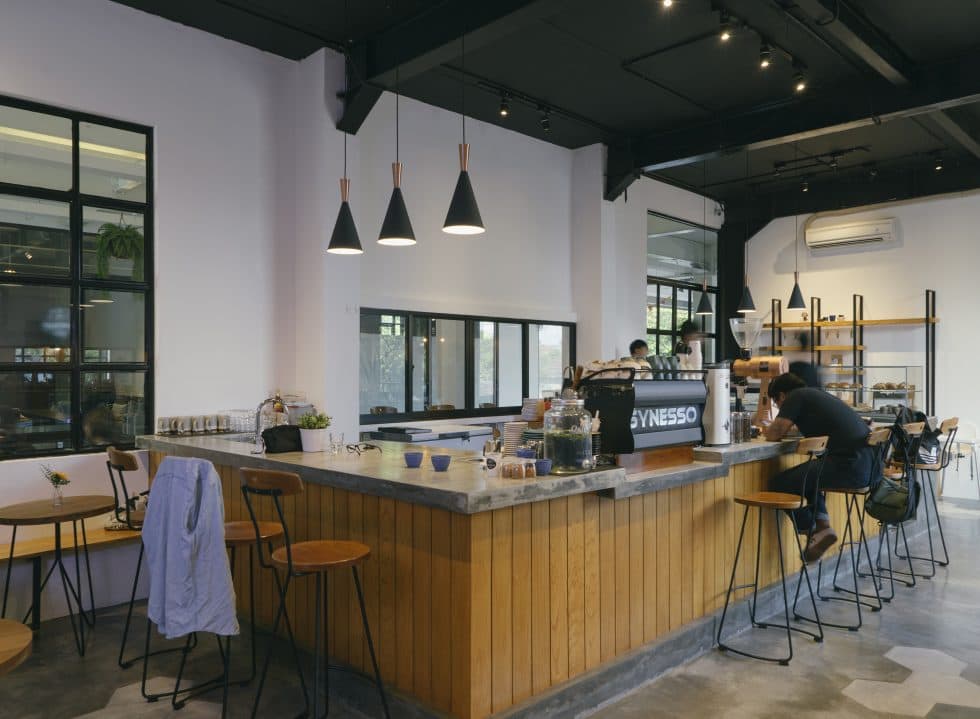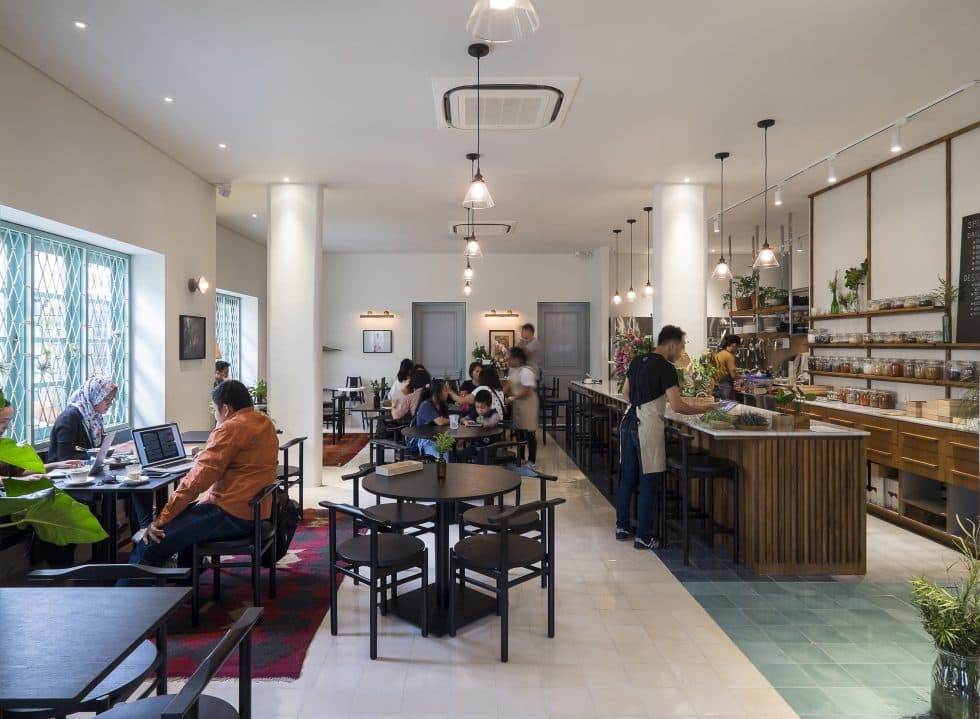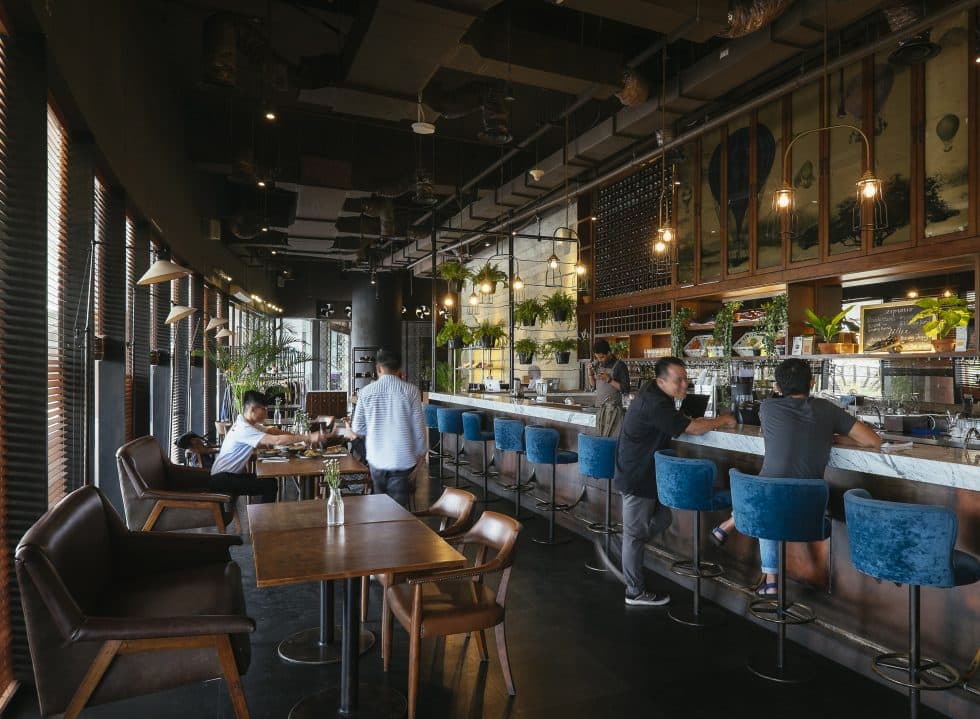For any independent food and beverage establishment, the prospect of expanding to a new branch can be both exciting and frightening at the same time. Aside from maintaining the quality of food and service, the choice of location is also a deciding factor in determining the success of a branch. Interestingly, though more and more establishments are opening their outlets at standalone venues, there’s still steady number of independent cafés and restaurants that are looking to step into one of Jakarta’s many malls.
Helga Angelina Tjahjadi, co-owner of Burgreens, which has two of its outlets in Pacific Place and Pondok Indah Mall, was frank with the costly rent. She insisted however, “… basically with a mall you cannot lie, the rent is so expensive but it’s justified by the traffic”. Helga added, “… malls have high investment, higher risk but higher gain.” It is precisely because of this chance for higher traffic that malls are still relevant for independent businesses; even though the gross number of visitors might be declining every year, mall-going culture is still relatively strong in Indonesia.
Helga also stressed that opening a branch at a mall doesn’t automatically grant you high traffic; a statement echoed by Edward Tirtanata, co-founder of Lewis & Carroll. Having opened their branch at Grand Indonesia Mall, Edward admits that Lewis & Carroll’s spot that’s located within the Central Department doesn’t have the best visibility. Edward pointed out that, “Mall has traffic, but not every venue inside a mall is equal.” Regardless, he believed that if marketing is done right and the venue is attractive enough, a branch at a mall will still generate more traffic and revenue compared to an independent venue.
Another important point made by both establishments was in regards to the types of customers that visit their branch at the mall. Compared to their independent venues, the crowd at the mall is way more diverse and general. Since both Burgreens and Lewis & Carroll could be considered specialty shops with their respective offerings, another advantage of having a place at a mall is the chance to attract more customers who would less likely seek out their independent venues. Thus by broadening their market, both their venues at the mall and at standalone buildings would gain better traction.
Some would argue however that broadening the market is not the only way to further one’s brand. Isman Ramadhan, co-founder of Say Something, shared his experience on opening his second standalone branch in Como Park over at Kemang Timur, instead of the mall. From his perspective, he’d much rather have new customers finding out about Say Something after some time, rather than just having it “… overflowing with traffic for only the first three to six months but goes downhill soon after.” He’s speaking of course about Jakartans’ tendency of overhyping things to extremes, only to abandon it a few months later to the next new thing. This is often true with shops that gain major exposure after having a branch at a mall, but then suffers from the extreme drop in traffic and eventually suffered from the steep cost of rent and upkeep. For Isman, keeping the traffic steady is the key for a long lasting business.
Aside from traffic, there are other factors that might influence one’s choice of location. Isman refrained from opening his branch at a mall partly due to the inflexible opening hours; fines apply for shops that open late or close early. On a similar vein, Nathalia Gunawan, owner of One Fifteenth Coffee, talked about how a standalone venue became the right choice for her. Though Nathalia admits that she’s open to branching One Fifteenth into malls, she “would rather open up in a place that is more artsy with historical background or somewhere cute”. One thing that excites her the most about a standalone venue was looking for the perfect building. She immediately fell in love with the venue for One Fifteenth Menteng as it possessed characters. It used to be the previous owner’s grandparents’ house.
One clear disadvantage of a standalone venue however is the lack of parking space. Dimas Indro, owner of Maris Store, cited this problem as a reason for their relocation to Lippo Mall Kemang. But Maris Store also took this opportunity to progress their brand by introducing the concept of Maris Kitchen. They “wanted to give a new experience to (their) customers that is different from (their previous venue).”
The various decisions involved when looking for a venue can be greatly personal or just a matter of strategy and convenience. Since both malls and standalone venues have their own advantages and drawbacks, it’s probably wise to have a balance between both types of outlets when given the opportunity. Though the number of mall visitors might not be what it used to, the culture of visiting mall is still shaping how business owners plan out their investments in Indonesia. However you want to see it, this habit is already well rooted in the DNA of Jakartans. So, it wouldn’t be a surprise to see more independent businesses continuing to pop up in malls for the foreseeable future.
